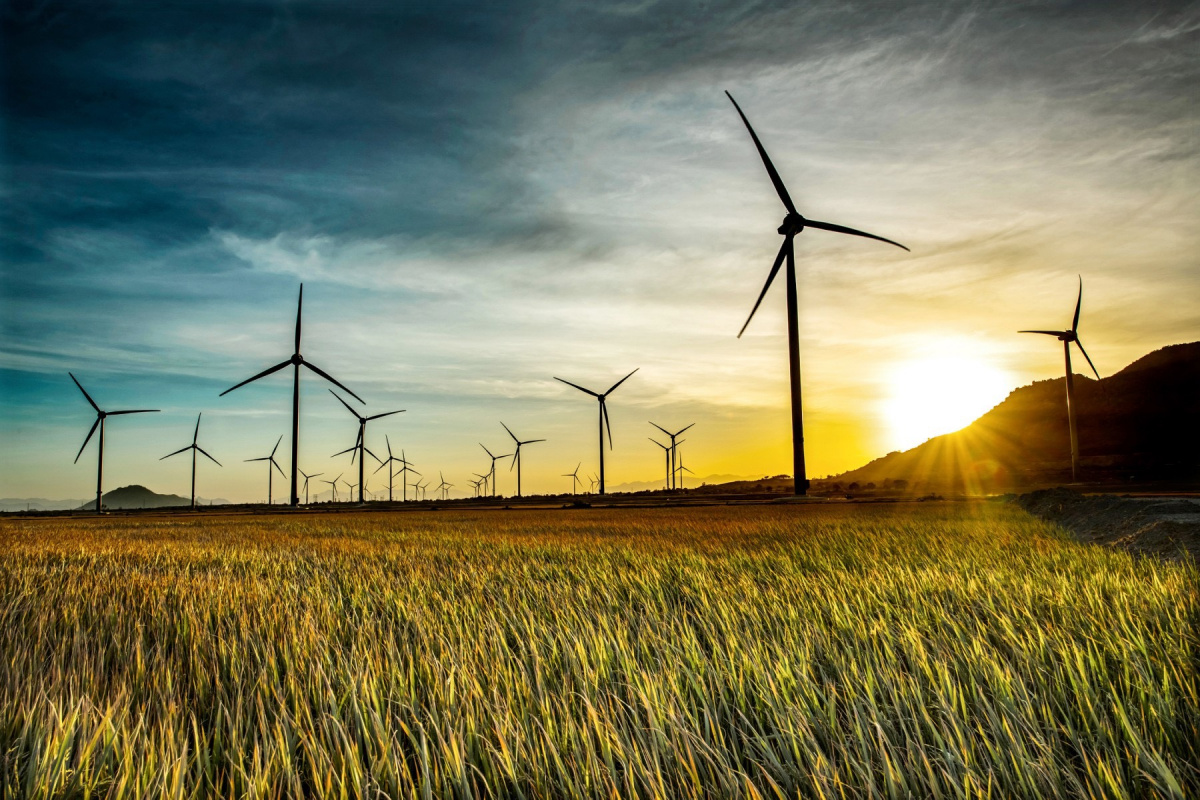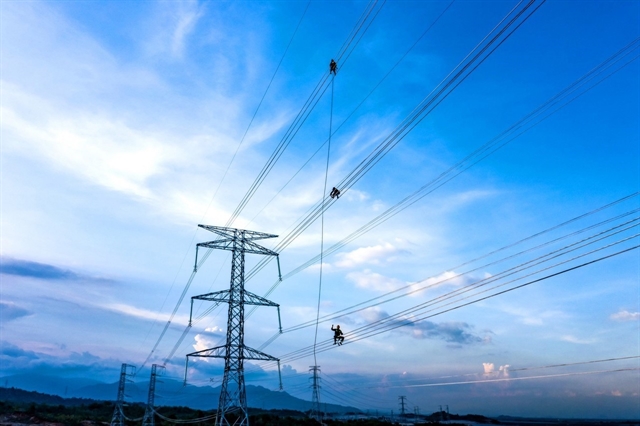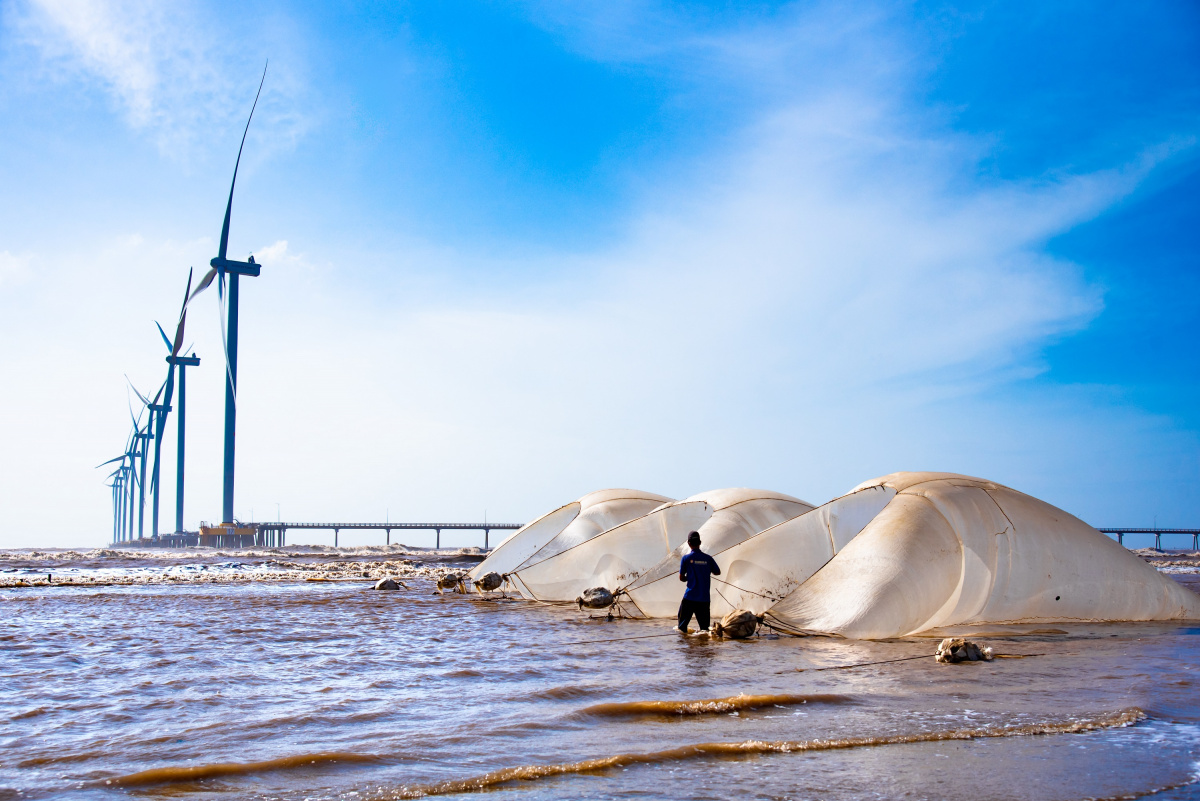Reducing waste volume through Extended Producer Responsibility: getting started in Viet Nam
On November 17, 2020, the National Assembly passed the new Environmental Protection Law, which stipulates Extended Producer Responsibility (EPR) for businesses in Viet Nam. This means that businesses and producers now bear the responsibility for the waste stage of their products.
MONRE has established an EPR National Platform (NP) led by the Department of Legal Affairs (DLA) to develop a national EPR strategy and action plan. The implementation details will be defined in an EPR decree.
To support this process, IUCN and DLA organized a workshop in Hanoi on November 19, 2020. The aim of the workshop was to present the EPR NP TOR and action plan and the outline of the EPR country report that DLA is preparing. Participants included representatives from DLA, ISPONRE, IUCN, WWF, Sub-Association of Recycle Waste in Viet Nam, Unilever, La Vie, Tetra Pak, Coca-Cola, and Friestland Campina.
EPR will apply to six sectors: food and beverage, electrical goods, tires, batteries, lubricants, and electric vehicles.
 Photo: Six sectors will apply EPR © IUCN Viet Nam
Photo: Six sectors will apply EPR © IUCN Viet Nam
According to the new law, businesses can implement EPR in one of three ways: (1) do the recycle themselves, (2) do recycling through a third-party Product Recycling Organization (PRO), and (3) make a financial contribution to the Viet Nam Environmental Fund (VEF).
According to the draft EPR decree, businesses that recycle themselves or do so via a third party will have to report through a national EPR data portal managed by MONRE. If a business that does the recycling itself fails to reach the recycling target over 3-5 years in a row, it will be forced to participate in one of the other two mechanisms. A business that refuses to choose any mechanism will be fined; if it exceeds its recycling target it can sell credits to other businesses through a tradable credits system. A multi-stakeholder council including representatives from MONRE, General Department of Tax, General Department of Customs, PROs and CSOs, will approve the recycling targets and fees payable to VEF.
At the workshop, participants asked questions about which businesses have to undertake EPR. The appropriate recycling targets, the role and status of PROs, an EPR road map that gives businesses enough time to adjust and respond, and the role of provincial governments in managing VEF payments were all discussion points.
Together with DLA, IUCN will continue to support the consultation process on the draft EPR decree.
EPR is intended to reduce the cost of managing end-of-life products by reducing waste volume and increasing recycling, thereby contributing to the prime minister’s new target of reducing the amount of waste that goes to landfills by 80% by 2025. EPR has the potential to create new economic opportunities and share the financial burden of solid waste management more fairly.
EPR workshop was organized with the financial support of Marine Plastics and Coastal Communities (MARPLASTICCs) funded by Sida and the IUCN-PRO VN strategic partnership.







